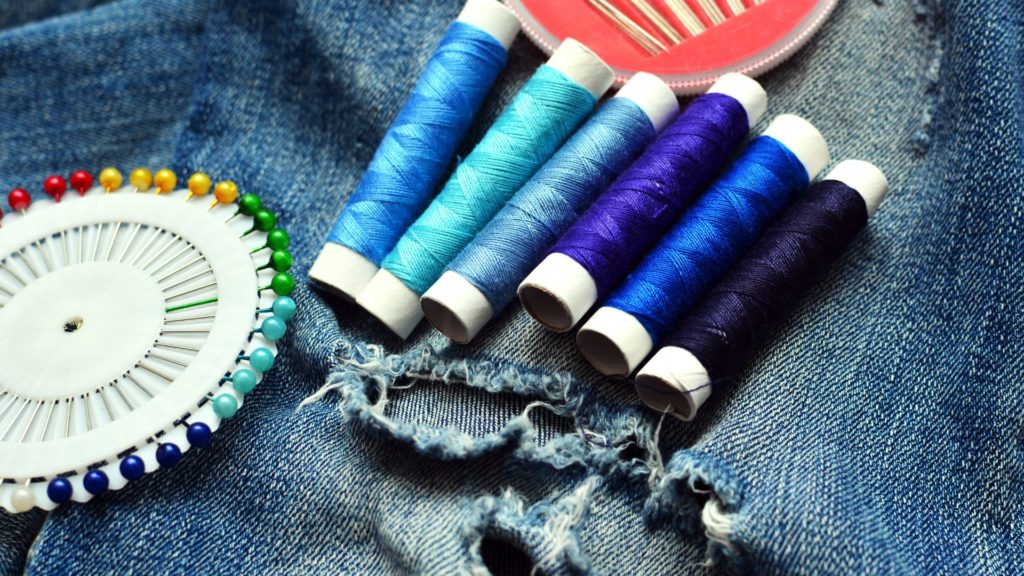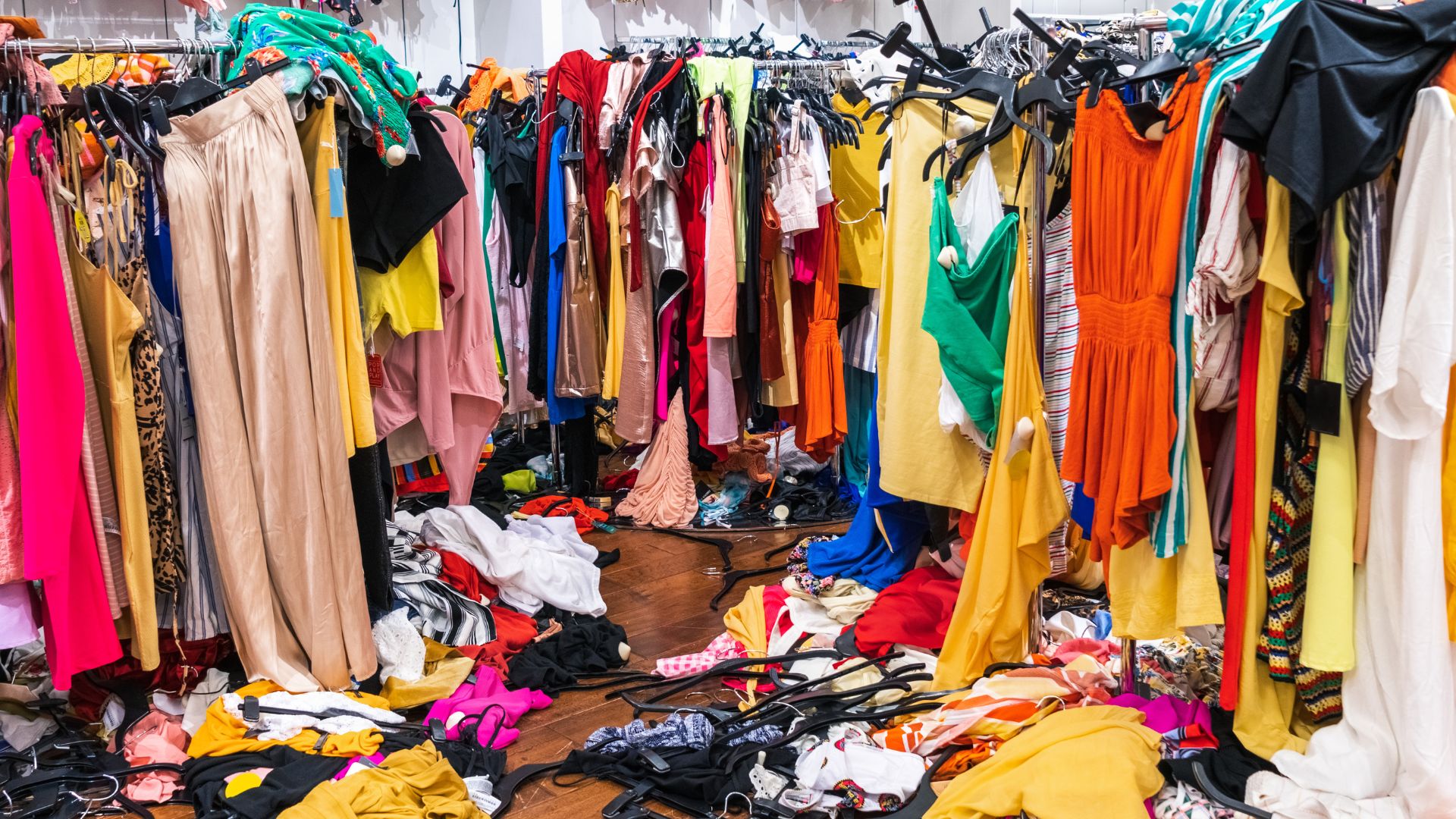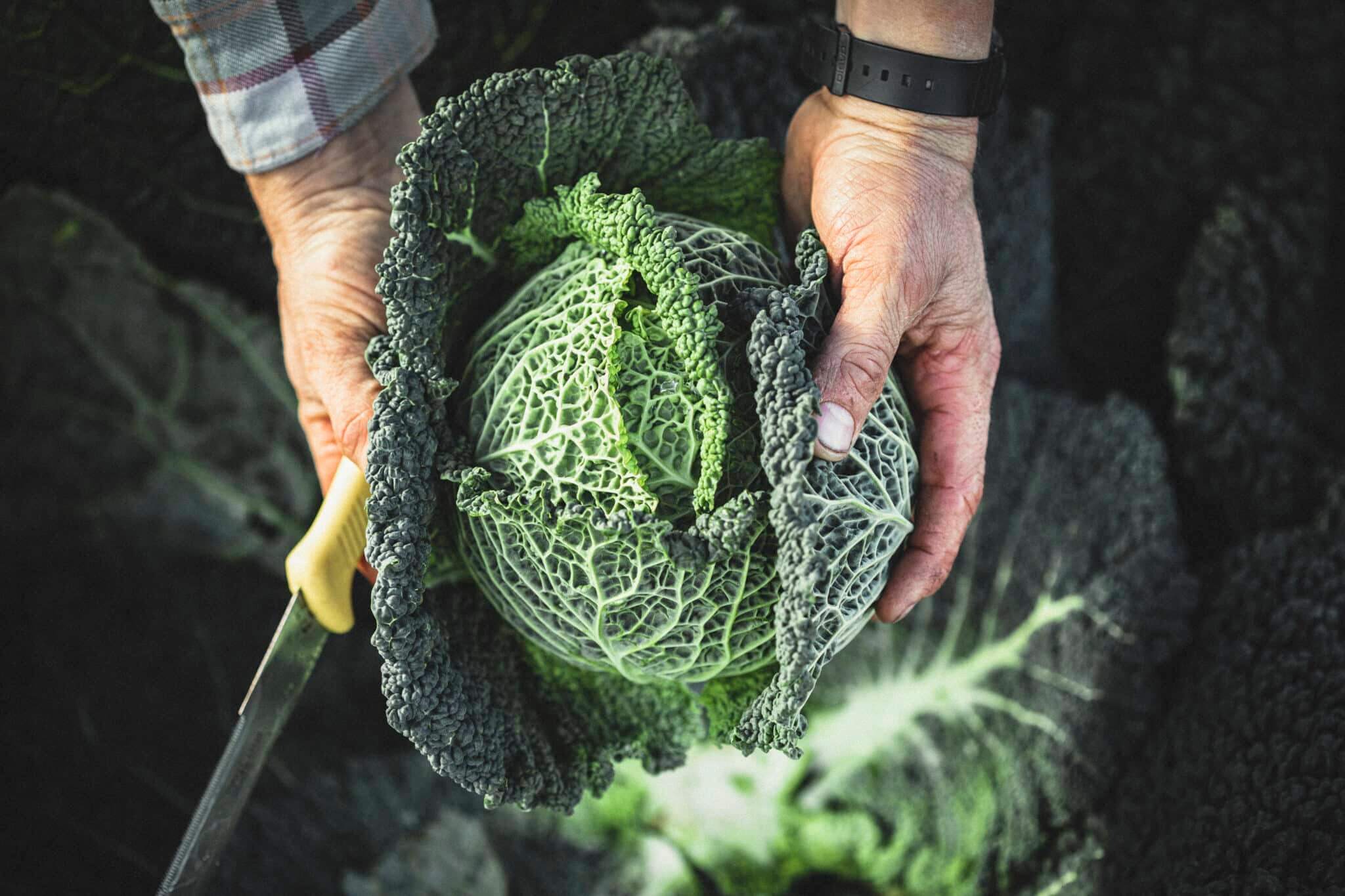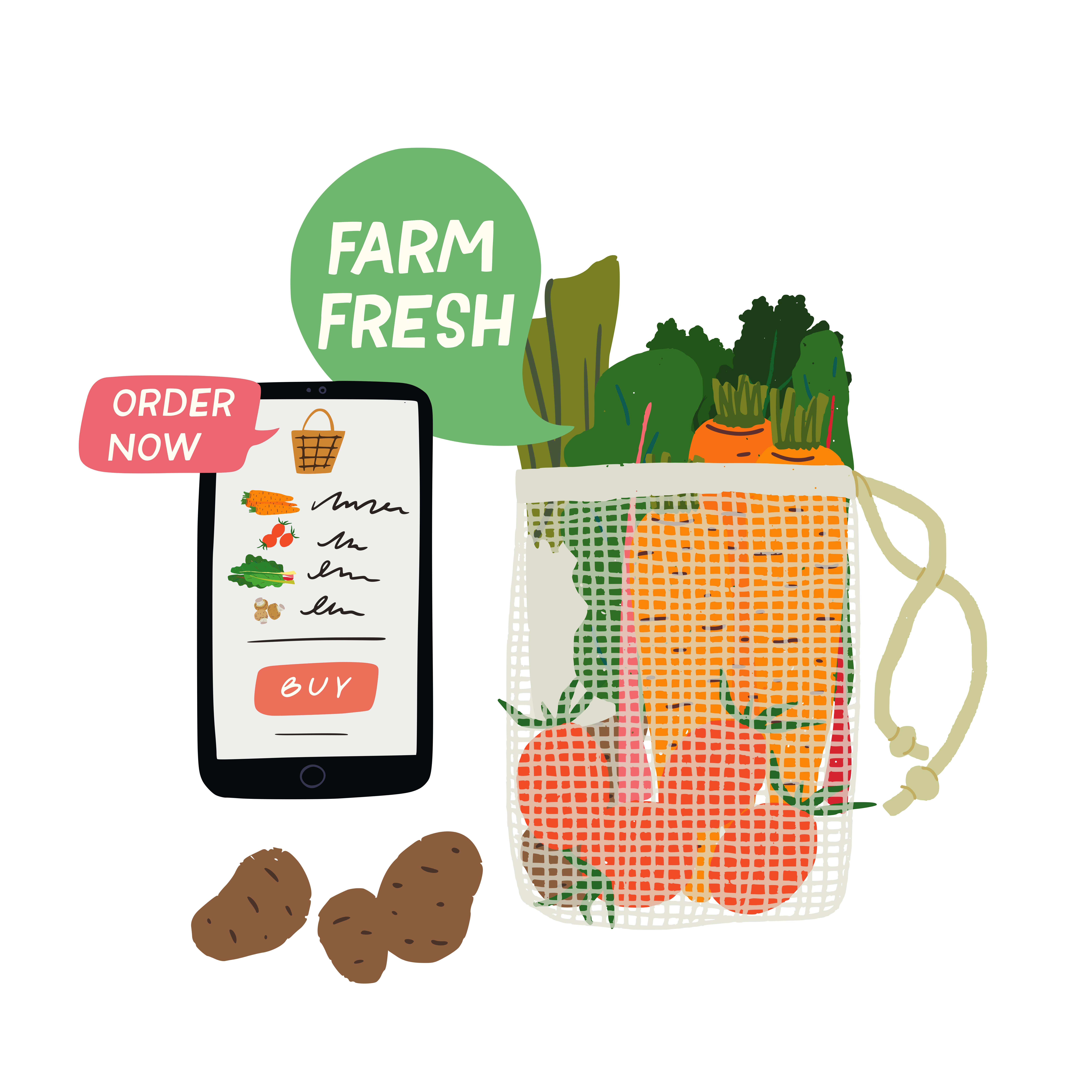Contestants on the dating show phenomenon that is TV ‘s Love Island are this year ditching fast fashion, as the show’s new partnership sponsor is Ebay.
In a daring move for a show wedded to fast fashion, switching from the likes of I saw It First – who gained 250,000 new customers on their site after the first summer 2019 summer episode aired – could it be the rebrand preloved clothing needs to make it mainstream?
With its overstuffed neon wardrobe of disposable garments, previous series have epitomised fast fashion clothes shopping – especially during the holiday season, with ‘wear it once’ wardrobes that are not about sustainability but making a splash, then moving on to the next outfit.
The Missguided £1 bikini phenomenon on the show a couple of years ago felt like peak fast fashion – sold at a loss as a marketing stunt aimed to ‘break the internet’. It felt that consumers were completely unaware of and uninterested in the fact that to make such cheap clothes, garment workers have appalling working conditions, long hours and no job security.
During the pandemic, more light was shone on manufacturing; exposing the slavery production lines and environmental waste both here and overseas. Brands such as BooHoo made the headlines when the National Crime Agency were called in to investigate the fast fashion chain over claims they were using a £3.50-an-hour sweatshop in Leicester to produce cheap clothing.
Shift to now, and eco-activism among Gen Z influencers (9–24-year-olds) means shoppers are questioning ethical issues more – but will they be able to buy less? It takes confidence to have an ‘eat, sleep, rewear, repeat’ attitude. But although they’re rich pickings for marketeers to position fashion as a quick fix, this generation may actually become more savvy shoppers.
Coinciding with the cost-of-living crisis, which has abruptly put the brakes on personal spending for anything other than essentials of food, heating and transport, this year’s spearheading of the ‘rewear’ movement on Instagram is also showing a new way to enjoy clothes – the skill of the stylist, rather than the spend and novelty of the new, are what counts.

According to circular fashion brand Rapanui, each year a truck full of clothing is burned, or buried in a landfill every second; clothes that mostly have been used for nowhere near their actual lifespan.
You may not choose clothes inspired by what Love Island’s inhabitants wear, but it may be worth your while investing in curating a ‘capsule wardrobe’, getting creative with what you have already, learning to do basic repairs and shopping more wisely.
The Office for National Statistics estimates that in the UK we each spend an average of £526.50 per year on what we wear, and more than 60 per cent of householders have unwanted clothes in their homes. Over our lives, that adds up to an average of £33,274.80 on clothes per person – and industry changemakers Fashion Declares state that the fashion industry generates up to 10 per cent of greenhouse gas emissions in the process, alongside being one of the world’s largest exploiters of natural resources and people.
So, before you shop, remember the most sustainable thing is the one you already own – and if not, try buying something already owned by another and give it a new lease of life.
Online stylists to bring new life to old clothes
For the lowdown on fair fashion, and heaps of inspiration, follow @venetialamanna.
Learn how to curate a minimalist wardrobe with @jessicaharumi.
For luxe vintage style look to @uppishlondon.
Source second hand with @rosieokotcha.













0 Comments